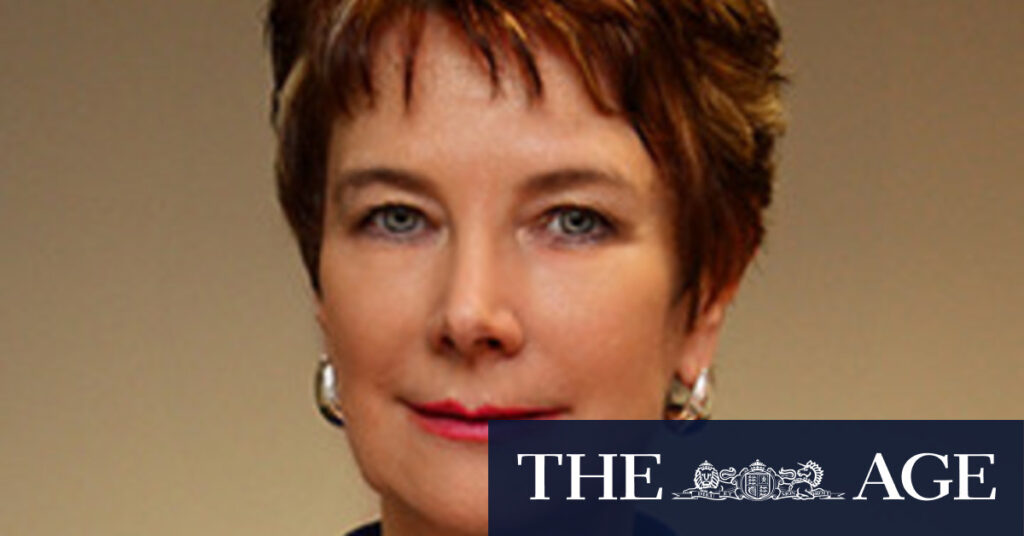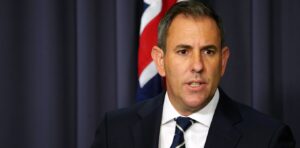
The chair of Housing Australia, Carol Austin, has resigned just two weeks after allegations of incompetence and bullying within the agency’s senior ranks came to light. Her departure comes ahead of a scheduled parliamentary grilling, adding a new chapter to the unfolding saga surrounding the agency tasked with executing Labor’s ambitious housing agenda.
On October 9, reports surfaced that Austin was the focus of a bullying investigation last year. Although the probe did not find her in breach of any code of conduct, it did highlight “concerning organisational challenges.” These findings contributed to the appointment of a new chief executive and the implementation of new processes within the organisation. On Friday, Austin announced her resignation via a statement on Housing Australia’s website, effective November 27.
Background and Allegations
Austin’s resignation follows a turbulent period for Housing Australia, the agency responsible for meeting the government’s target of building 1.2 million new homes by mid-2029. The agency has been under intense scrutiny, particularly after Coalition housing spokesman Andrew Bragg requested Austin’s presence at a Senate estimates hearing. The hearing aimed to address claims of dysfunction and Austin’s role in the agency’s challenges.
Rod Saville, the former general counsel and board secretary, had previously filed complaints about Austin, alleging that her behavior led to the departure of six of the agency’s top eight executives over a year. Saville accused Austin of ignoring expert advice and creating a hostile work environment, which he argued was hindering the Labor government’s housing agenda.
“It is exacerbated by the fact that most of the senior executives have left, so there’s no knowledge of how the organisation should function. And this is reflected in the poor conversion rate for [the Housing Australia Future Fund],” Saville stated.
Reactions and Implications
Housing Minister Clare O’Neil expressed gratitude for Austin’s contributions, acknowledging her role in scaling up Housing Australia to meet the government’s $43 billion housing agenda. Despite the controversy, O’Neil highlighted the agency’s achievements under Austin’s leadership, including funding for 18,650 social and affordable homes and initiatives for first-time homebuyers.
Meanwhile, Andrew Bragg criticized the agency’s performance, labeling it a “hellhole of waste and dysfunction.” He accused the government of concealing a “secret report” on the agency’s issues and questioned the presence of an “observer” to monitor the board’s activities.
“Housing Australia is amongst the worst-performing agencies in the Commonwealth,” Bragg said. “Under this minister, Housing Australia has failed to do its one job – build houses.”
Looking Ahead
With Austin’s resignation effective later this month, the future leadership of Housing Australia remains uncertain. The agency is at a critical juncture as it transitions from transformation to delivery of its housing programs. The upcoming Senate estimates spillover session on November 6 may provide further insights, though it remains unclear if Austin will attend.
The resignation raises questions about the agency’s ability to meet its ambitious targets amidst internal challenges. As the Albanese government seeks to restore public trust in its housing policies, the appointment of a new chair will be pivotal in steering Housing Australia through its next phase of development.
Austin, who has held directorships at the Future Fund, the Grattan Institute, and HSBC Bank, disputed the allegations against her, stating that many claims were inaccurate. Her departure marks a significant shift in the agency’s leadership, with stakeholders keenly watching how the situation unfolds.
Subscribers can stay informed on the latest developments in federal politics by signing up for our weekly Inside Politics newsletter, offering news, views, and expert analysis.







